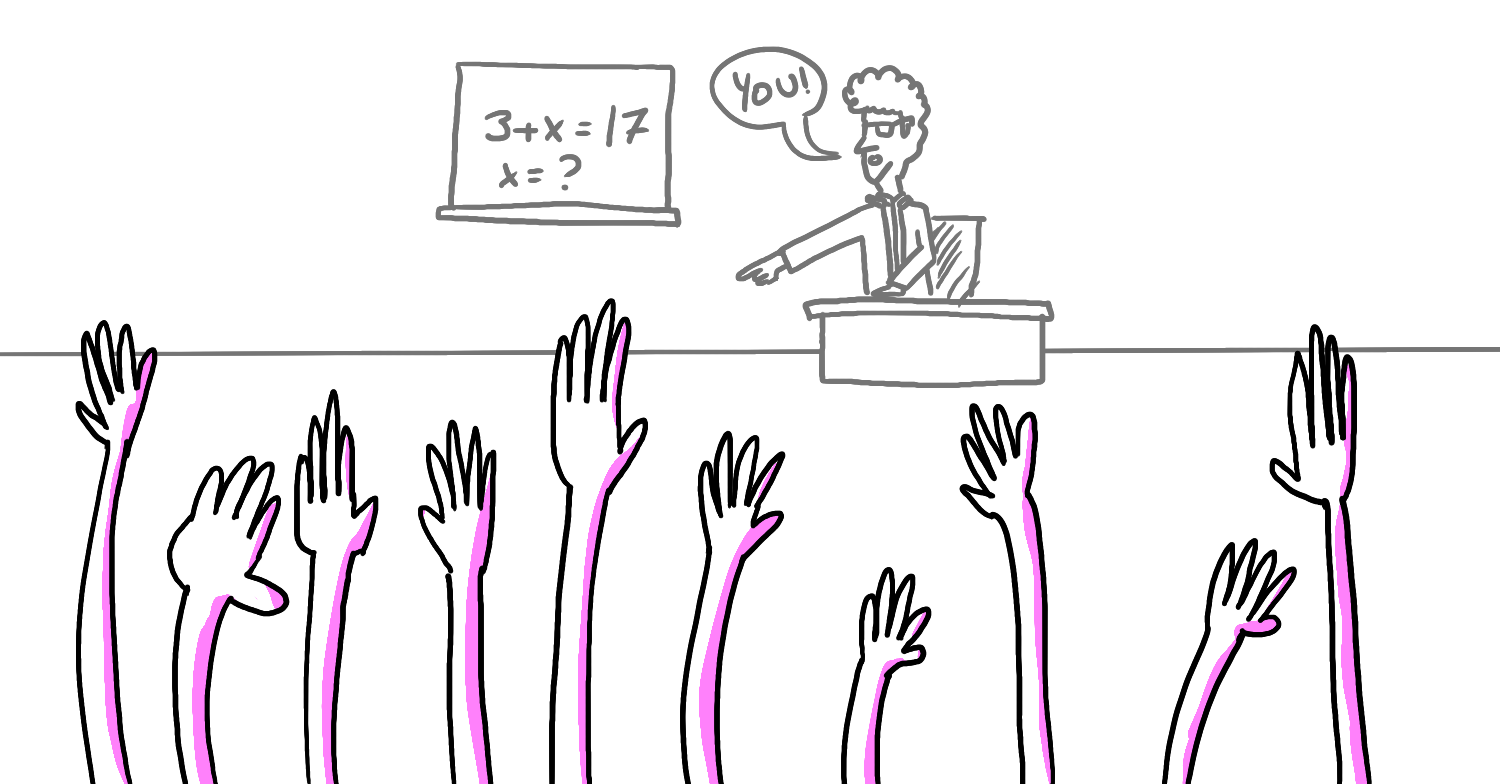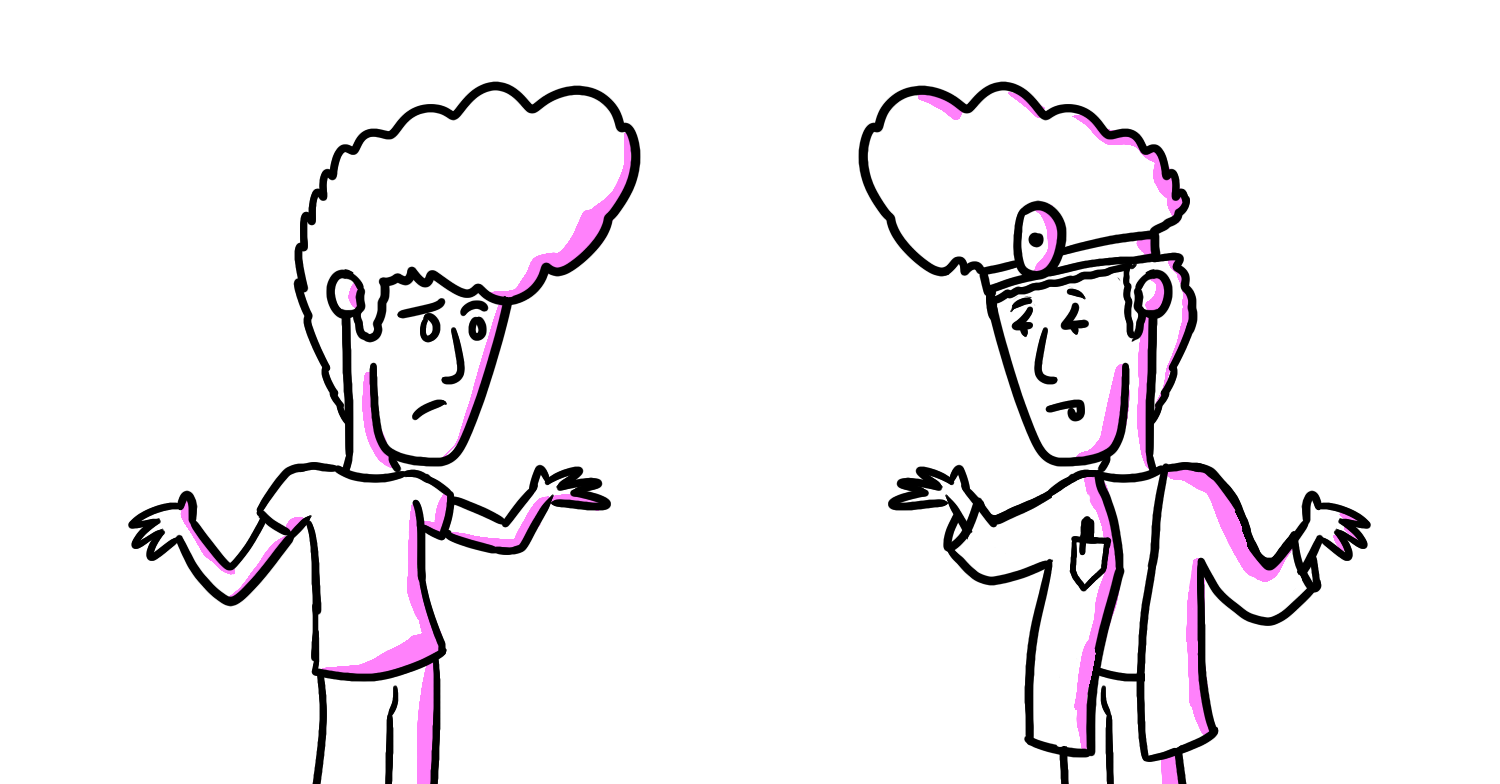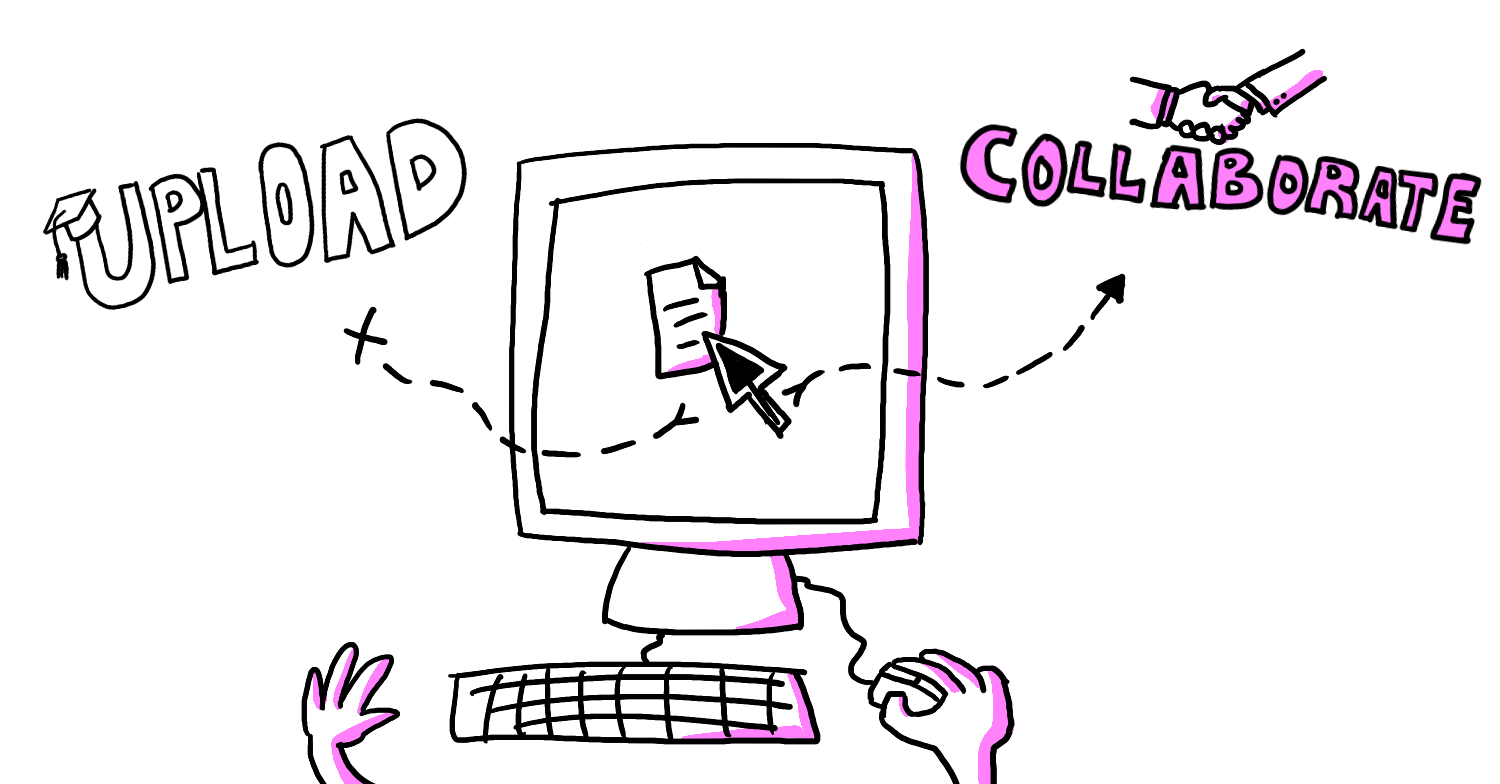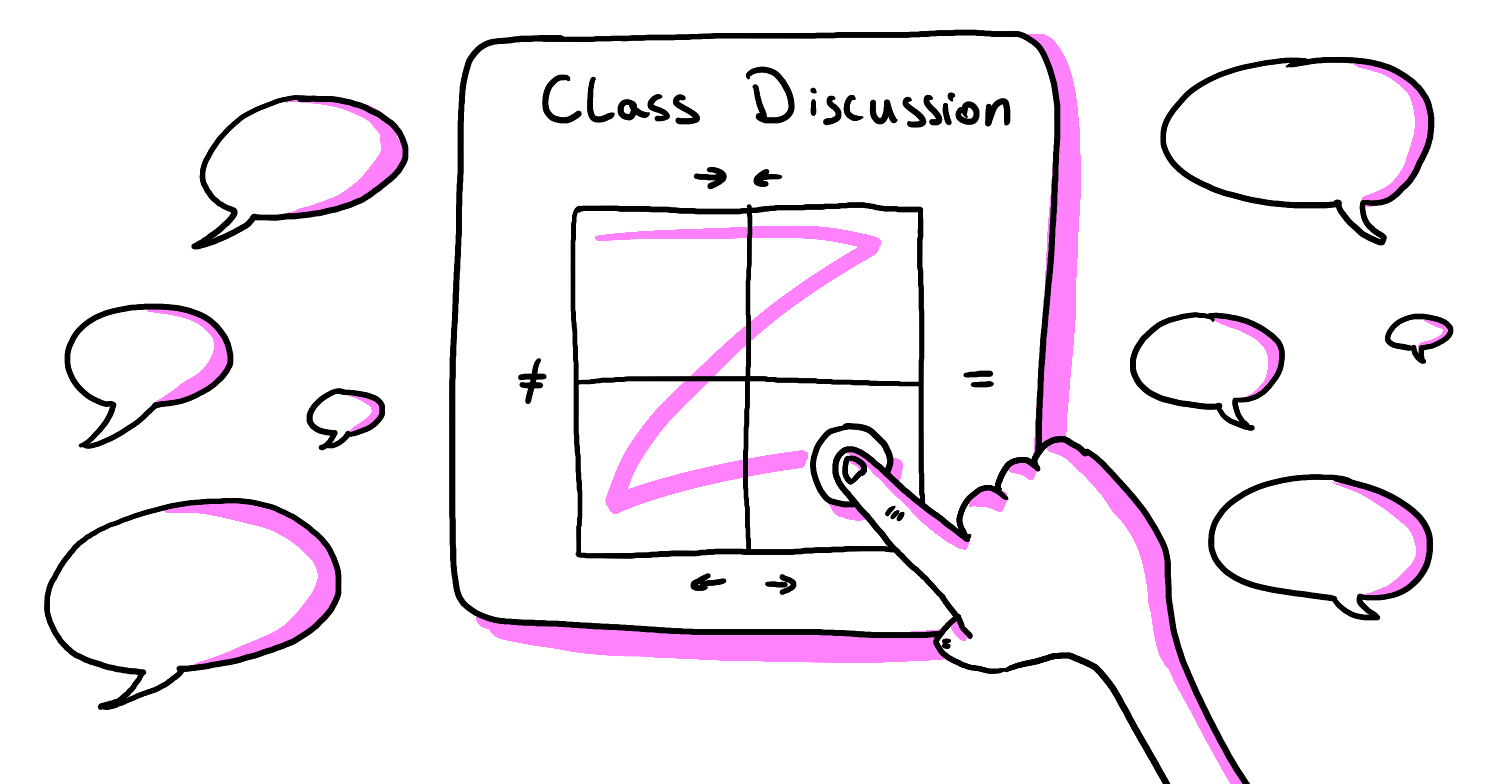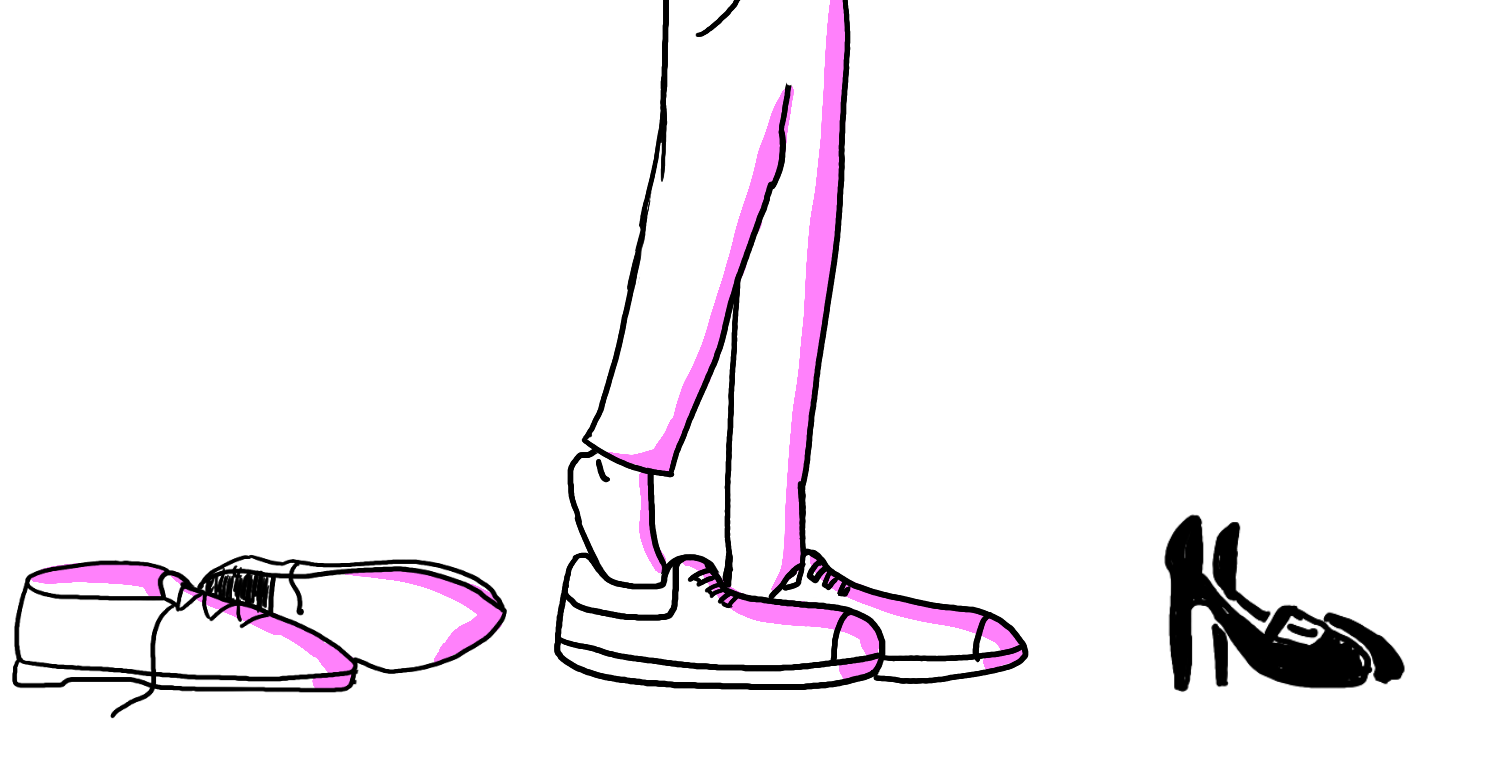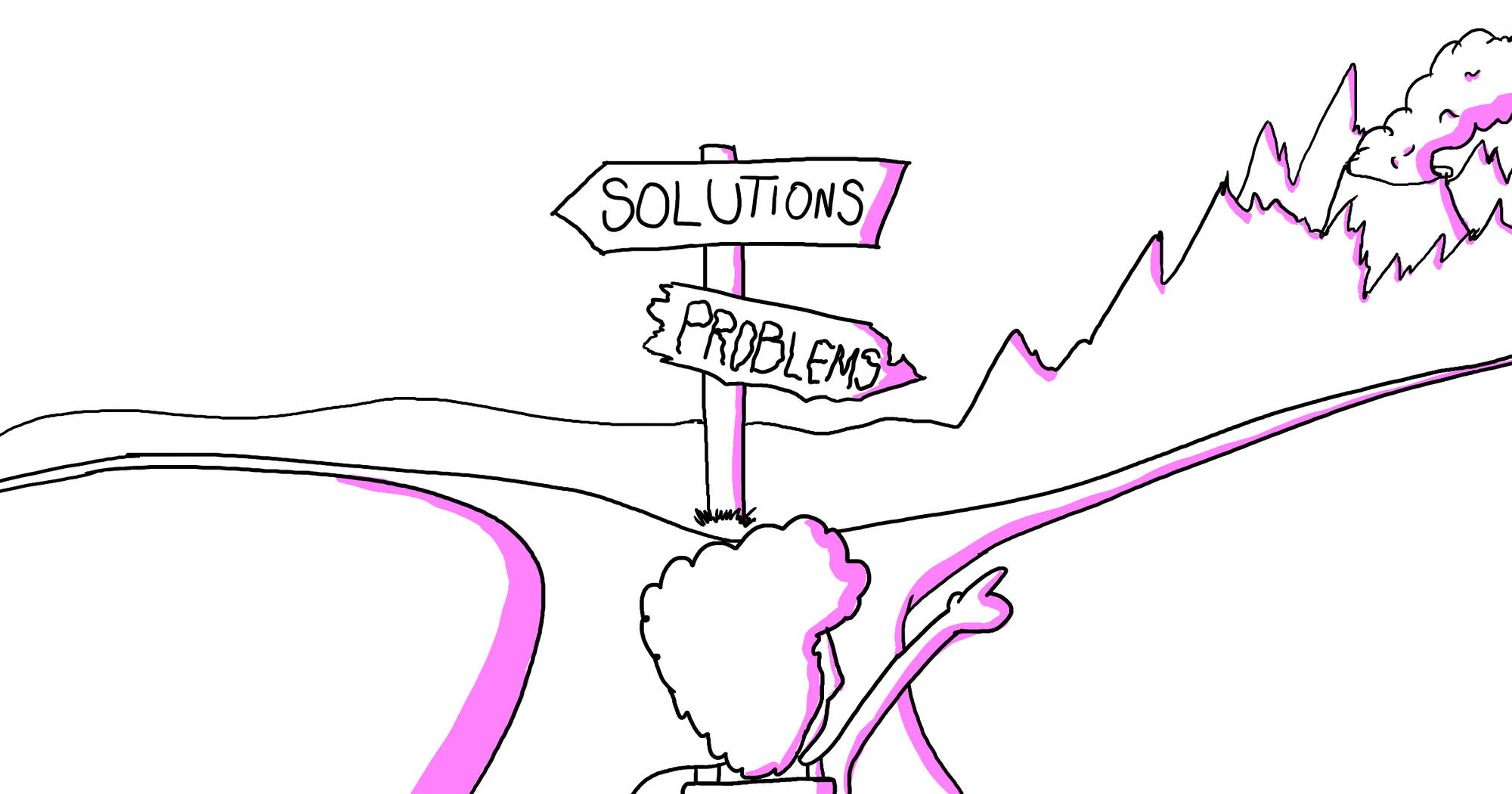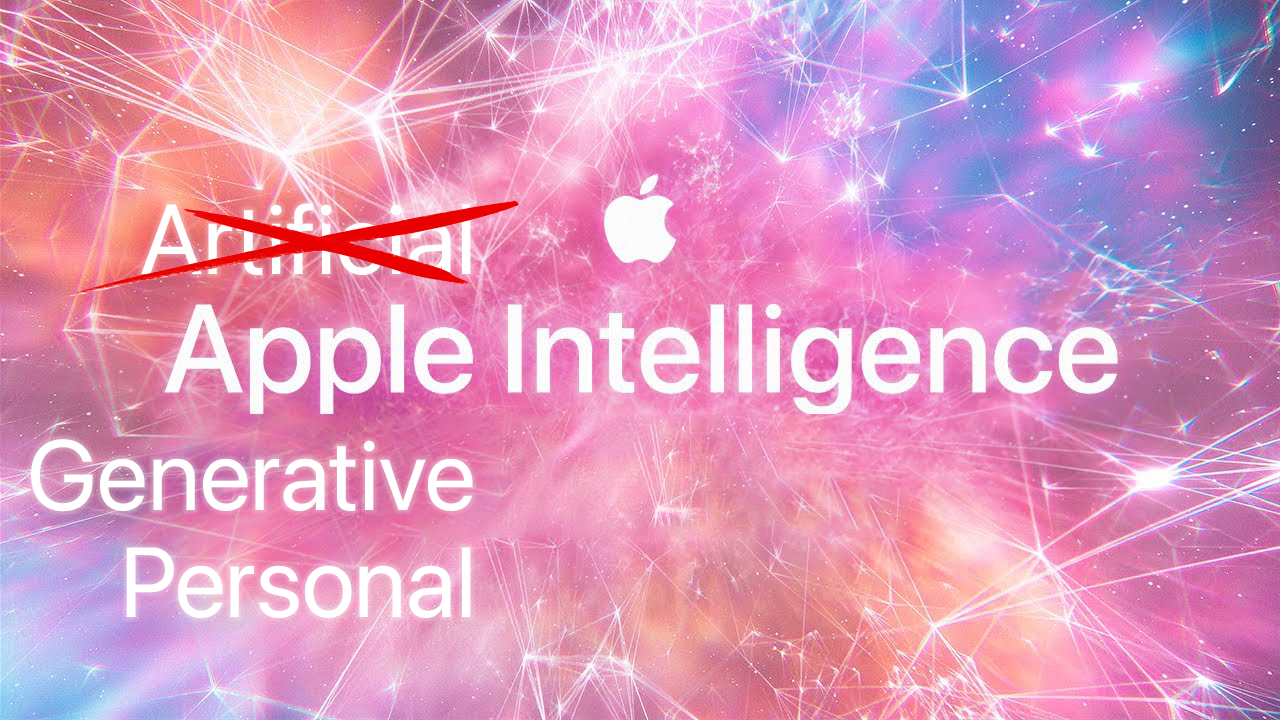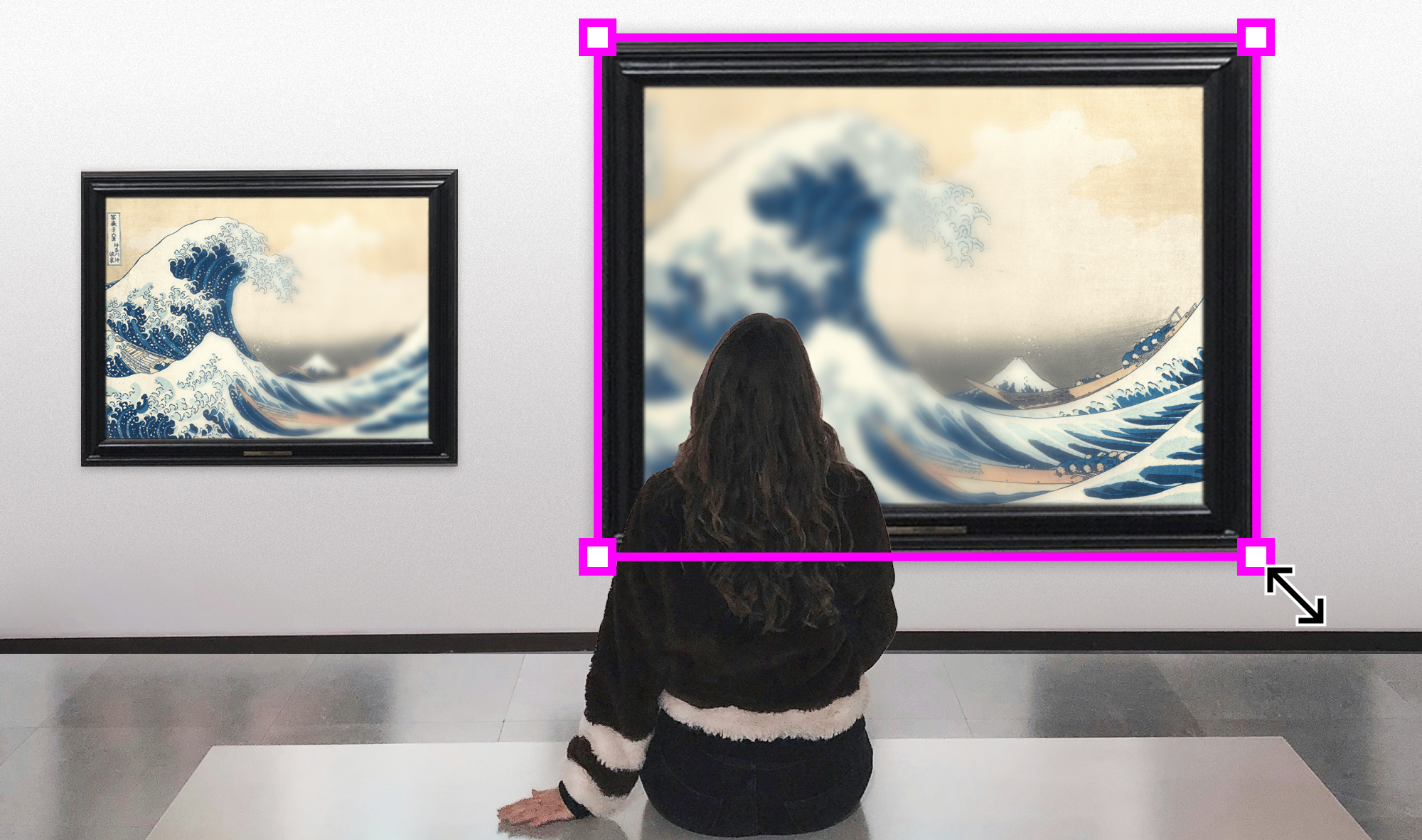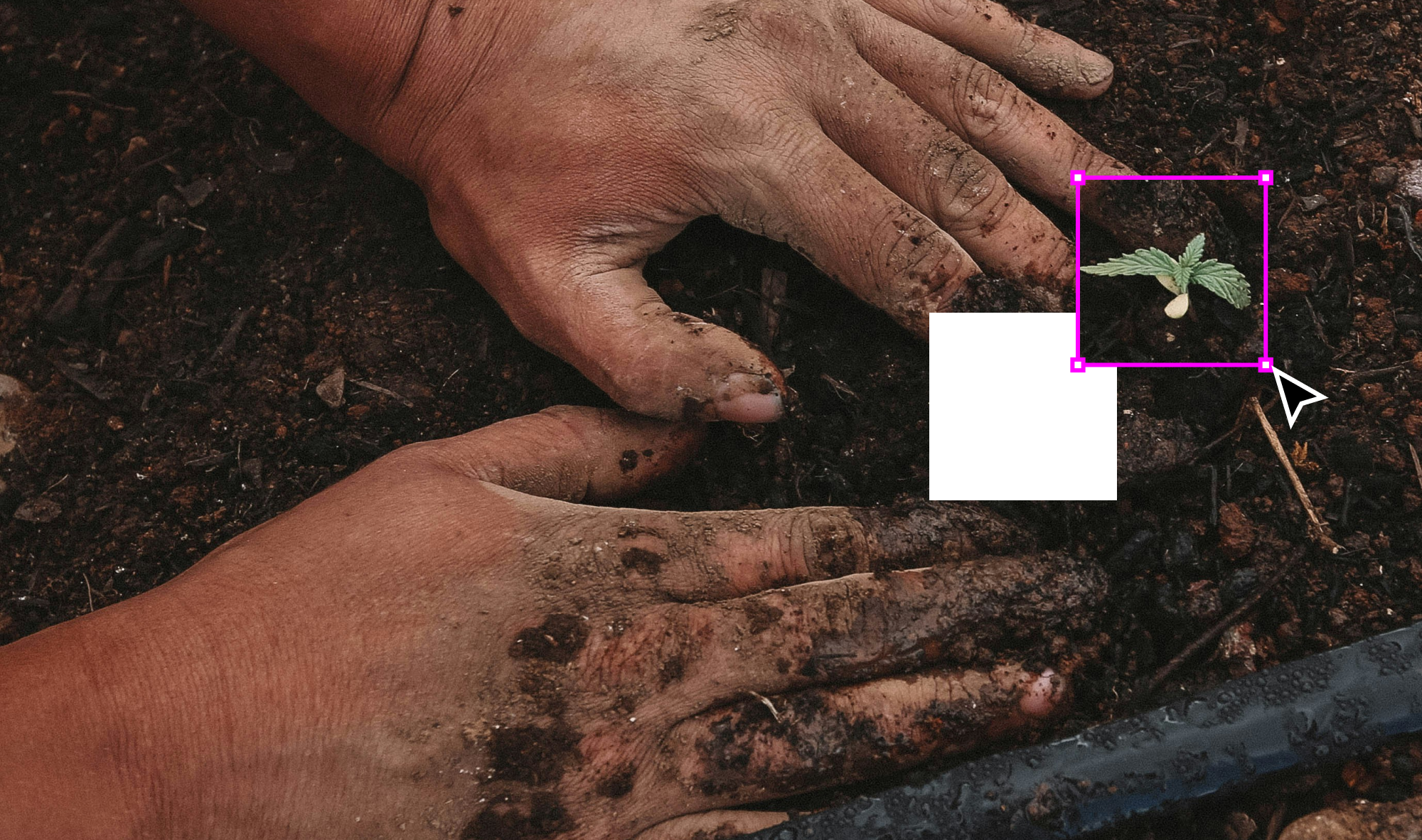-
Moving beyond raised hands with technology
It’s fascinating how certain classroom habits, like the classic “raise your hand if you know the answer,” continue to stick around even though we know their limitations. Despite my best efforts to create a more interactive, inclusive learning environment, I often catch myself falling back on this old routine. Why is it so hard to…
-
UX education that feels like you're at work
One of the biggest changes I made to my UX course last year was asking students to submit their assignments directly in Figma by a set deadline. Over the last seven years of teaching, I’ve become increasingly aware of what impacts students’ engagement and how instructors can pull on different behavioral and cognitive levers to…

Get my updates straight in your inbox
-
Can this tool make design class discussions richer?
I’ve been reflecting on how educational technology can help design students get better at seeing different opinions and expressing their own. Particularly in UX, it’s often difficult to know what aspect of a design might have the most impact on the users and business. This makes it important for future designers to understand how different…
-
Maybe being in someone else's shoes should be required training
I never understood some of the ways my teachers behaved until I started teaching myself. Why did certain emails get ignored? Why did they grade so carelessly? What made them so angry about questions related to the exams? Teaching over the last seven years has exposed me to a lot of situations that made me…
-
Embracing problem-creator thinking in design education
Because most generative AI tools today are solutions oriented, it’s more important than ever that design students be able to think critically and analyze broader contexts. This will both help them continue to have value in an AI-driven world and ensure we don’t lose out on innovative solutions that come from more exploratory problem-assessing approaches. …
-
AI tutors aren't a silver bullet, nor should they be
The debate around AI tutors wouldn’t be so aggressive if the claims and expectations were rooted in appropriate use-cases. Ideas from technologists trying to show how all of education will improve for everyone are often talking about content challenges. Their central argument is that more time getting personalized content focused on specific challenges in a subject will…
-
UX Portfolio Lessons: Timeless & Thoughtful Storytelling
Another June, another session closed of the UX Certificate that I teach. One important aspect of the classroom is what I call a “shareback”. I take all the individualized feedback given to each student, summarize it, and share it with the class. It’s a type of group metacognition. By highlighting to the class what happened…
-
From Teacher Grading to Manager Feedback
In higher education, there’s a lot of enthusiasm around project-based learning (PBL). The idea is to give students real-world problems to have them acquire their skills and knowledge through them. As an instructor, I naturally gravitated to this idea and felt like I’ve always tried to recreate realistic scenarios for the students to experience. However,…
-
Generative, Personal, but not Artificial
Why is Apple so allergic to the term “AI”? Yesterday’s WWDC conference was split between new OS updates and the big Apple Intelligence announcement. Just like all these articles pointed out back at WWDC 2023, once again never said “artificial intelligence” or “AI” once. But this time, they did say “intelligence”… a lot! Besides Apple…
-
Looking the other direction to learn more deeply
Have you ever noticed that in The Great Wave off Kanagawa print by Hokusai has more than 20 people in it? I certainly didn’t and the clip below from the excellent BBC series, The Art of Japanese Life, gave me a whole new appreciation for this picture. Watch starting at 36:17 to see the specific…
-
Planting seeds as a teaching mindset
“That impulse to scour away the messiness that makes life resilient is what many conservation biologists call the ‘pathology of command and control.’”— Maria Farrell and Robin Berjon, NOEMA Magazine All of my favourite learning experiences can be considered states of managed chaos. They share the trait of feeling like playgrounds where the outcomes weren’t…
